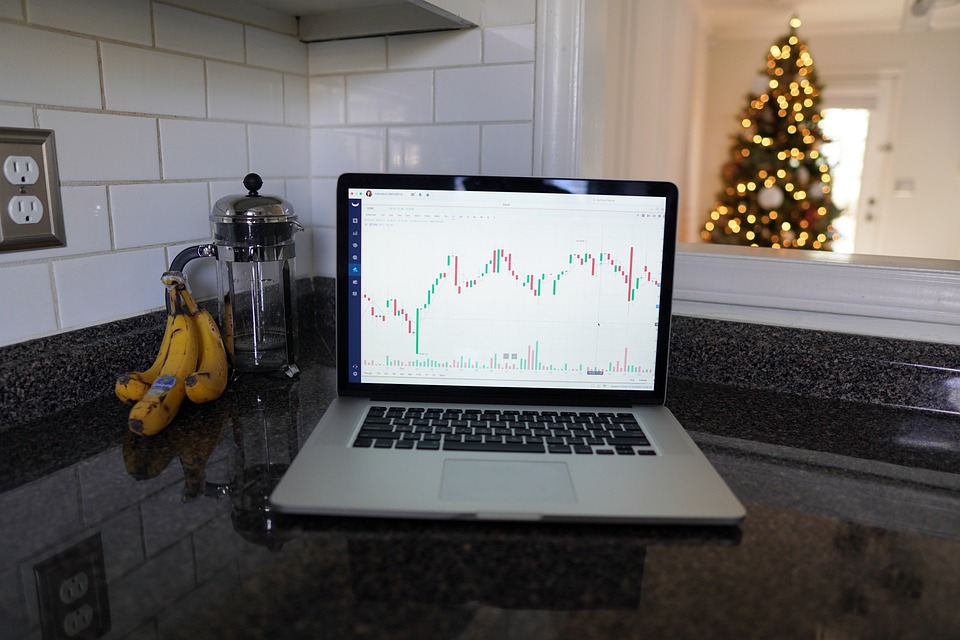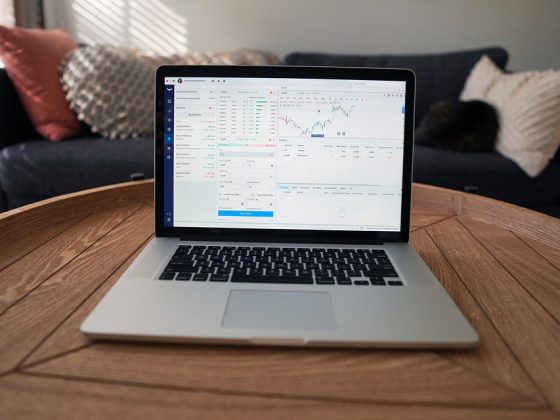Navigating the Ups and Downs of the Economy: Strategies for Financial Success
In today's ever-changing economy, it can be challenging to stay on top of your finances. From market fluctuations to inflation, there are many factors that can impact your financial stability. However, with the right strategies in place, you can navigate the ups and downs of the economy and achieve financial success.
Here are some key strategies to help you manage your finances effectively in a volatile economic environment:
1. Build an Emergency Fund: An emergency fund is a crucial component of financial stability. It can help you cover unexpected expenses, such as medical bills or car repairs, without having to dip into your savings or go into debt. Aim to save at least three to six months' worth of living expenses in your emergency fund.
2. Diversify Your Investments: In a volatile economy, it's important to diversify your investments to reduce risk. Spread your investments across different asset classes, such as stocks, bonds, and real estate, to help protect your portfolio from market downturns.
3. Stay Informed: Stay up-to-date on economic trends and news that could affect your finances. Monitor market indicators, such as interest rates and inflation, and adjust your financial plan accordingly. Consider working with a financial advisor to help you navigate economic changes and make informed decisions.
4. Avoid Debt: In times of economic uncertainty, it's wise to avoid taking on unnecessary debt. Pay off high-interest debt, such as credit card balances, as quickly as possible, and avoid borrowing money for non-essential purchases. By keeping your debt in check, you can better weather financial downturns.
5. Save for the Future: Start saving for retirement as early as possible to secure your financial future. Contribute to retirement accounts, such as a 401(k) or IRA, and take advantage of employer matching contributions, if available. Consider automating your savings to ensure that you consistently set aside money for the future.
6. Cut Expenses: In a challenging economy, it's important to review your expenses and look for ways to cut costs. Evaluate your budget and identify areas where you can reduce spending, such as dining out less frequently or canceling unused subscriptions. By trimming unnecessary expenses, you can free up more money for savings and investments.
7. Focus on Long-Term Goals: While short-term economic fluctuations can be nerve-wracking, it's important to stay focused on your long-term financial goals. Keep your eye on the bigger picture and stick to your financial plan, even during periods of uncertainty. By maintaining a long-term perspective, you can weather economic ups and downs with confidence.
FAQs
Q: What should I do if I lose my job during an economic downturn?
A: If you lose your job during an economic downturn, prioritize your emergency fund and cut expenses to conserve cash. Look for additional sources of income, such as freelance work or part-time jobs, while you search for a new full-time position. Consider applying for unemployment benefits and explore options for career retraining or upskilling to increase your job prospects.
Q: How can I protect my investments during a market downturn?
A: To protect your investments during a market downturn, stay diversified and avoid making rash decisions based on short-term fluctuations. Stick to your long-term investment plan and consider rebalancing your portfolio to maintain your target asset allocation. Consult with a financial advisor for personalized advice on protecting your investments during challenging economic times.
Q: Is it a good time to buy a home during an economic downturn?
A: Buying a home during an economic downturn can be advantageous, as lower interest rates and decreased competition can make homeownership more affordable. However, carefully consider your financial readiness and the stability of the real estate market before making a purchase. Evaluate your job security, creditworthiness, and long-term housing needs before taking the plunge into homeownership during an economic downturn.
In conclusion, navigating the ups and downs of the economy requires a solid financial plan and a proactive approach to managing your finances. By building an emergency fund, diversifying your investments, staying informed, and focusing on long-term goals, you can weather economic fluctuations and achieve financial success. Remember to remain flexible, adapt to changing economic conditions, and seek guidance from a financial advisor when needed. By following these strategies, you can navigate the challenges of the economy with confidence and secure your financial future.











